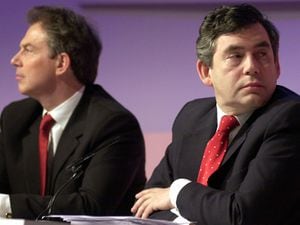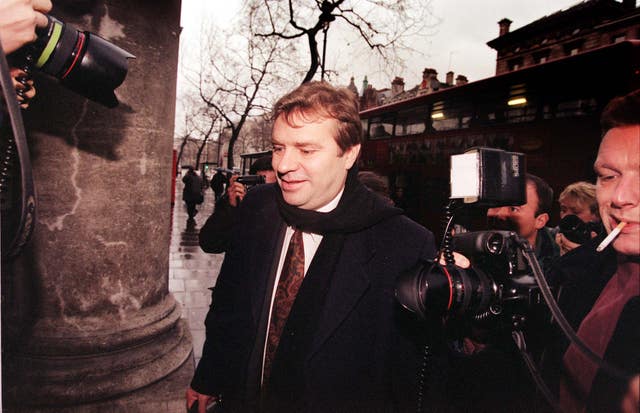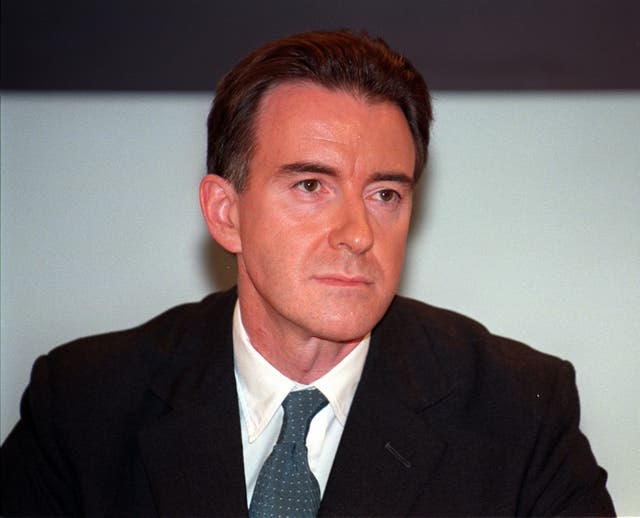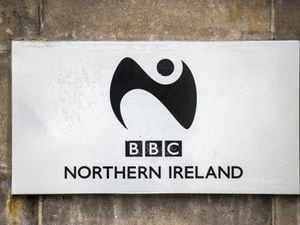Blair aides wanted Gordon Brown’s spin doctor ‘out on his ear’
Files released by the National Archives highlight the tensions at the top of the New Labour government.

Furious aides of Tony Blair wanted Chancellor Gordon Brown’s spin doctor “out on his ear” amid fears his unauthorised briefings were damaging their New Labour government, according to newly released official papers.
Files released by the National Archives show how right from their early days in office, officials struggled to manage the tensions between the administration’s two most dominant figures.
The difficulties dated back to the death of John Smith in 1994 when it was Mr Blair rather than Mr Brown – his more senior colleague – who emerged as the favourite of the party modernisers to become the new leader.

When Labour swept to power in the 1997 general election, allies of the two men were soon engaged in a ferocious briefing war against each other.
The files show how Peter (now Lord) Mandelson – who was appointed as a minister by Mr Blair to co-ordinate government activity – repeatedly complained about the activities of Charlie Whelan, Mr Brown’s ebullient press secretary.
In one letter to the prime minister, Mr Mandelson blamed Mr Whelan for planting a series of hostile stories about him (Mr Mandelson) warning they were making the government “look foolish, and worse”.
“If Charlie continues to behave in this way with impunity I believe we will pay a heavy price eventually,” he wrote.

It was not just ministers who struggled. In a frank note to Mr Blair, one official said Mr Brown was using his chairmanship of various cabinet committees to “bludgeon through” his own policies.
“There are no signs yet that he wants, or will try, to be a neutral or consensus-building committee chairman,” the official wrote.
“Indeed he seems intent on using his chairmanships to impose various Treasury agendas against departments’ wishes.”
Matters came to a head in October 1997 when Mr Whelan was blamed for a series of briefings effectively hardening the government’s position against joining the new European single currency when it was launched without the knowledge or authorisation of Mr Blair.
It was subsequently revealed he had been spotted speaking to journalists on his mobile phone while enjoying a Friday night drink at the Red Lion – a busy Westminster pub close to Parliament and Whitehall.
In the chaos the ensued, with the value of the pound plummeting, Mr Blair’s chief of staff Jonathan Powell said it had been a “disaster” for the government.
He said an “effective machinery” was urgently needed improve communications between the prime minister and his chancellor ensure there could be no repeat of the debacle.
In a memo to Mr Blair, he wrote: “You and GB to meet even more regularly than you do already – in principle once a day when you are both in London. A notetaker to be present, except when you throw him out.”
Mr Powell said he would meet Ed Balls, Mr Brown’s chief adviser, every morning to agree what their discussions would cover and that all “press lines” would be agreed in writing between No 10 and the Treasury before they were deployed.
“We could add Charlie to clear line with Alastair (Campbell, Mr Blair’s press secretary) before he briefs – if caught out on unauthorised briefing out on his ear,” he added, which Mr Blair approved with an enthusiastic tick.





